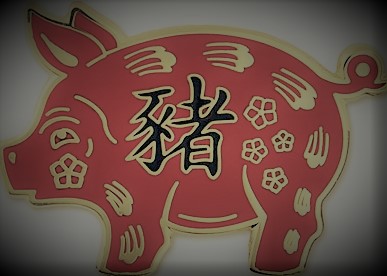Yesterday marked the first day of one of the most important days in China – the Chinese New Year. Also known as the Spring Festival, celebrations last until February 19th and include a series of specific events each day, which you can learn about here – https://chinesenewyear.net/calendar/#spring-festival. Each year is also signified by one of twelve animals. This year it’s a pig, which represents diligence, compassion and generosity.
I’ve previously celebrated Chinese New Year with friends and family, including a significant client event several years ago. But never did I stop to learn about the traditions and meanings around the event until now – and I’m glad I did. Here are a few things I learned in the process:
- The Chinese New Year, as well as many other important Chinese events throughout the year, focus on the filial piety (a respect for your parents, elders, and ancestors). That’s just cool. We all could do so much more of this.
- Major events, such as these, shape cultural identity. While this was a no-brainer for the major events I celebrate, I never stopped to think how events from other cultures I don’t celebrate shape my friends and colleagues of different cultures. The New York Times wrote and interested article about this (https://www.nytimes.com/2019/02/05/science/chinese-new-year-lunar-calendar.html).And when I better understand these events, I better understand and relate to my peers.
- Celebrating different cultural events bring to light new thinking and understanding.
Now this can be a touchy subject with cultural misappropriation being so rampant in our society. The key to celebrating events outside your own culture is maintaining the highest level of respect and understanding of the history of what you are celebrating. But done appropriately, demonstrates a respect for people who are different from yourselves.

